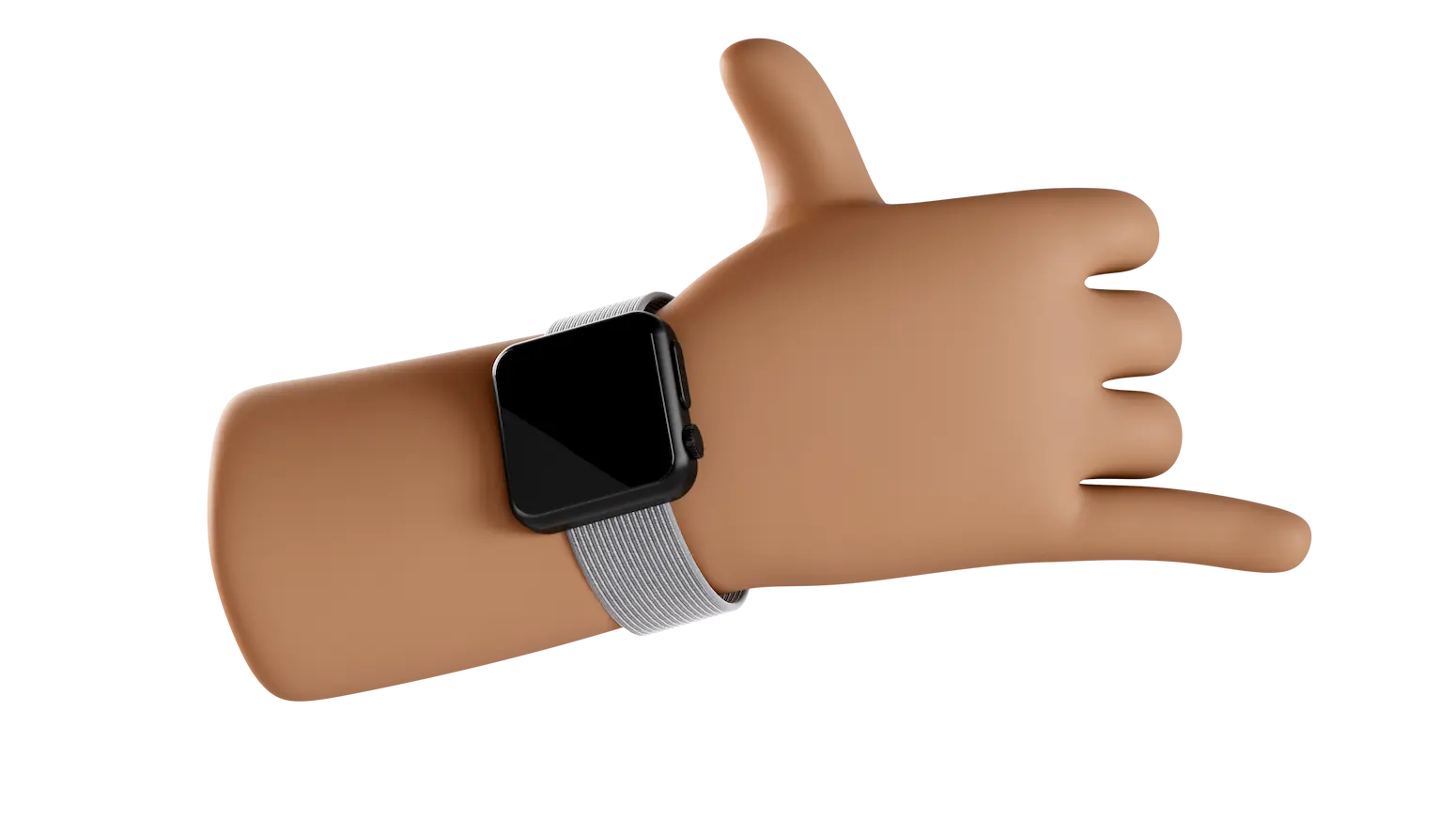Control refers to the regulation and management of processes, systems, and devices to ensure effective and efficient operation. Control can be manual or automatic and is a crucial component of automation, Industry 4.0, and robotics. The glossary entry for control explains various aspects such as types of control, control technology, control systems, and application areas.
Types of Control
There are different types of controls based on different principles:
- Manual Control: In manual control, processes and devices are controlled and monitored by humans, for example, by pressing buttons or turning knobs.
- Automatic Control: Automatic controls operate without human intervention and are based on predefined algorithms and rules. They can be divided into two subtypes:
- Open Control: In open control (Open-Loop control), the process or device is regulated only by the given control command, without feedback on the actual execution.
- Closed Control: Closed control (Closed-Loop control), or regulation, uses sensors and feedback loops to monitor and adjust the execution of the process or device if necessary
Control Technology
Control technology is an interdisciplinary field that deals with the development, analysis, and application of control and regulation systems. It combines elements of electrical engineering, computer science, mathematics, and mechanics and is closely related to automation technology, mechatronics, and cybernetics. The main tasks of control technology include designing control strategies, modeling and simulation of processes and systems, selecting and integrating sensors and actuators, and implementing control algorithms in software and hardware.
Control Systems
Control systems are technical systems that consist of one or more controls and are used to regulate, manage, and monitor processes and devices. They can be realized in various forms and degrees of complexity, from simple circuits and microcontrollers to complex, networked systems and industrial controls such as Programmable Logic Controllers (PLCs), Distributed Control Systems (DCS), and Supervisory Control and Data Acquisition (SCADA) systems.
Application Areas
Controls are found in a wide variety of applications and industries, including:
- Automation: In automation technology, controls are used to allow machines and plants to operate independently and precisely. This includes, among other things, manufacturing and assembly systems, packaging and palletizing systems, as well as conveyor systems and logistics solutions.
- Industry 4.0: In Industry 4.0, the digital transformation of production and manufacturing, controls play a decisive role by enabling networking, communication, and interaction between machines, systems, products, and people.
- Robotics: Robots and autonomous systems are based on controls that coordinate and manage their movements, actions, and decisions. They are capable of performing complex tasks such as manipulating objects, exploring environments, or operating vehicles.
- Process Control: In process control, controls are used to monitor, regulate, and optimize chemical, physical, and biological processes in industrial plants, power plants, environmental facilities, or food productions.
- Building and Energy Technology: Controls are also significant in building and energy technology, where they are used to regulate heating, ventilation, and air conditioning systems, to control lighting and shading, or to integrate renewable energies and smart grids.
In summary, control is a central concept in engineering that ensures the effective and efficient operation of processes, systems, and devices. It is present in various forms and application areas and forms the basis for automation, Industry 4.0, and robotics.













